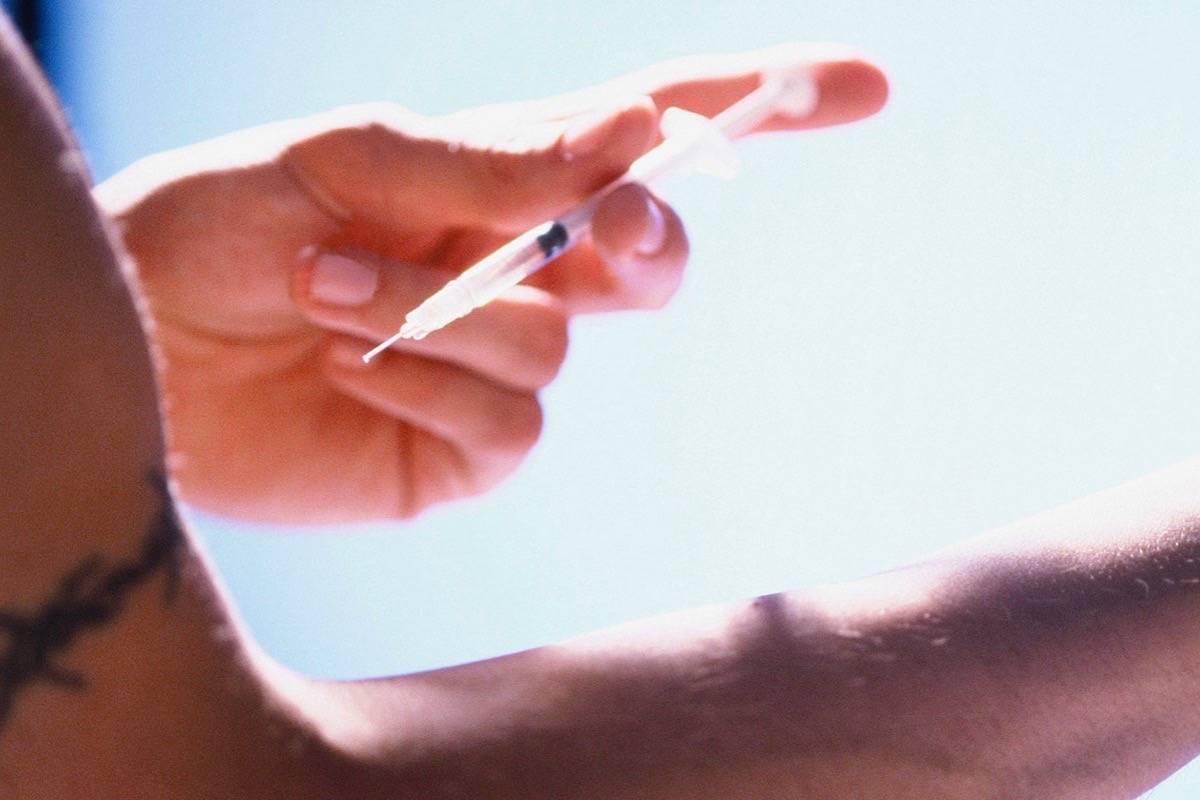As our month long series on the opioid crisis comes to an end this week, it is important to remember that the discussion isn’t over.
Looking in depth into the opioid crisis here in our city is important and is a step in the right direction as many people still don’t understand what the crisis entails and who all is devastated by it.
Talking to Turning Point, Safe Harbour, NightReach workers and a former addict hopefully helped people understand more about what this crisis looks like, and for some, to hopefully relate and take action.
When it comes to understanding the opioid crisis, the first and most important step is to listen and not just overlook what people have to say.
Asking questions to those around us and asking, ‘Are you ok?’ is important because it shows that we care and it shows that they are not alone — they being human beings.
Many people jump to conclusions that the opioid crisis only involves drug addicts, low-lifes or criminals. This is not the case. These are people like you and I.
These are human beings that live in our community and are a part of our communities.
If someone was passed out on the side of the road, we shouldn’t just jump to the conclusion that they are homeless and ignore that they could be seriously injured.
Offering help and calling 9-1-1 is proper protocol for whoever it might be. The only difference between these human beings and ourselves is addiction, relationships and trauma.
The simplest way to address the complex opioid crisis is the word relationships – and having compassion.
These are human beings that lack relationships with others and a lot of them are dealing with some sort of trauma.
If you were to deal with a horrible trauma, would you want someone to ask if you were okay? Would you want someone to give you a hug or do something so simple as to reach out their hand and offer condolences or even better — a helping hand? This is just part of what Red Deer’s Turning Point, Safe Harbour and other organizations offer.
Simply put, our community needs to change the way we treat our most vulnerable people and switch towards a more compassionate approach.
If more people were to listen and try to lend a helping hand, fewer people would die.
In January alone, Turning Point distributed 505 naloxone kits.
Of those, there were 94 reversals and six fatalities. Hundreds are dying each year and still nothing is being done. If it weren’t for places like Turning Point or Safe Harbour, there would be far more deaths. A scary reality, but a reality for those dealing with this devastating crisis.
It is important to remember that the people who are dying are someone’s mom or dad, someone’s sister or brother or someone’s soul mate. These are human beings that deserve dignity and respect.
Keira Vander Vliet, former addict, said it best, “There’s that constant threat. If you know anybody who’s using, you’re essentially mourning them before they die.”
It’s unfortunately a sad reality that people in those situations have to deal with each and every day.
That constant fear is because of the lack of care of the Province.
If Red Deer had a safe consumption site the number of overdose deaths would be less and more people would be helped. Addicts at safe consumption sites who are injecting onsite with the supervision with trained staff are unlikely to die. At the Insite safe injection site in Vancouver, there had been 6,440 overdose interventions without any deaths.
For those upset over needle debris, there would be less needles on the streets as the needles would be disposed of in a safe manner, in a safe place and a place where the addicts can feel comfortable.



